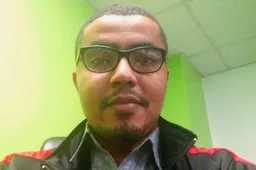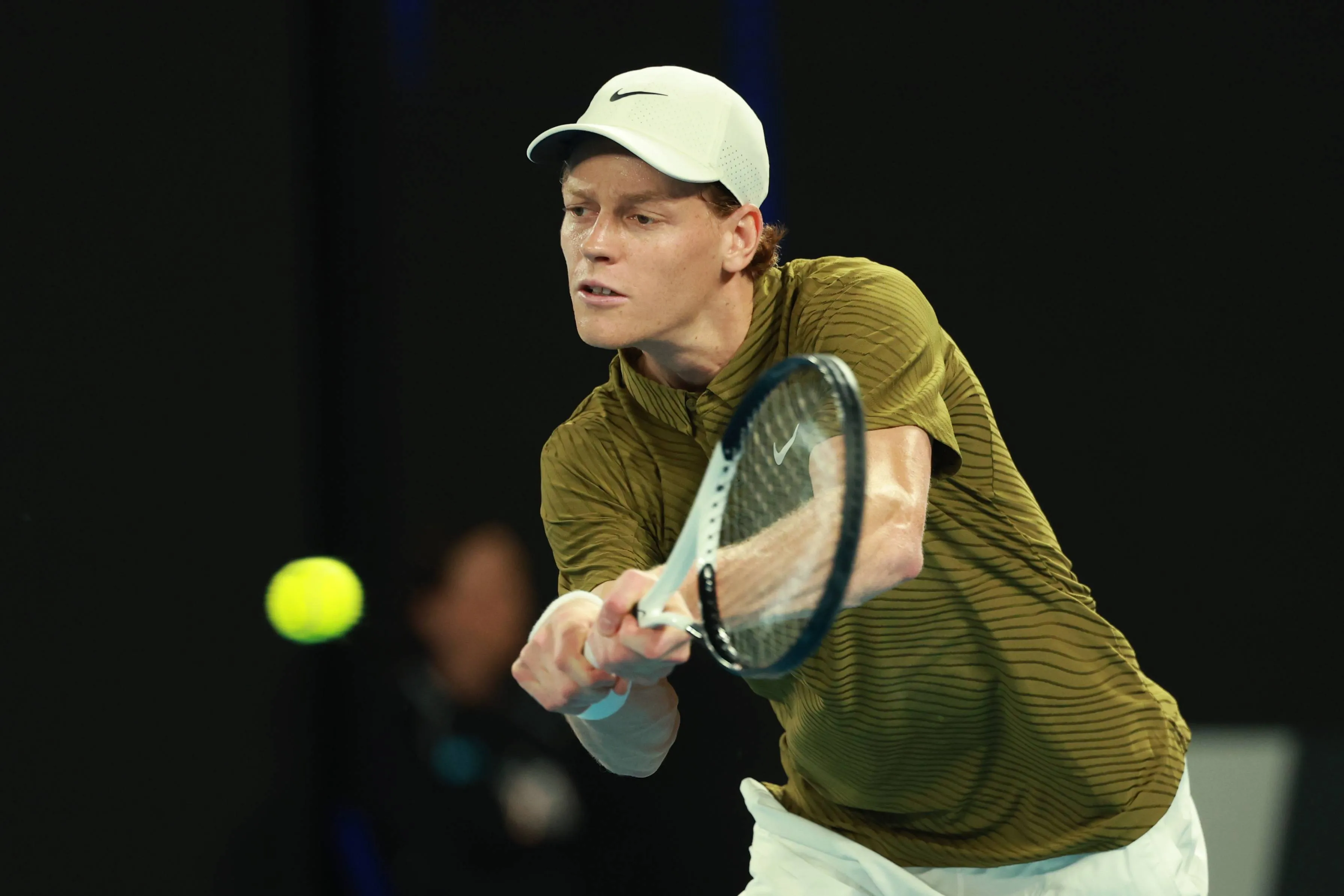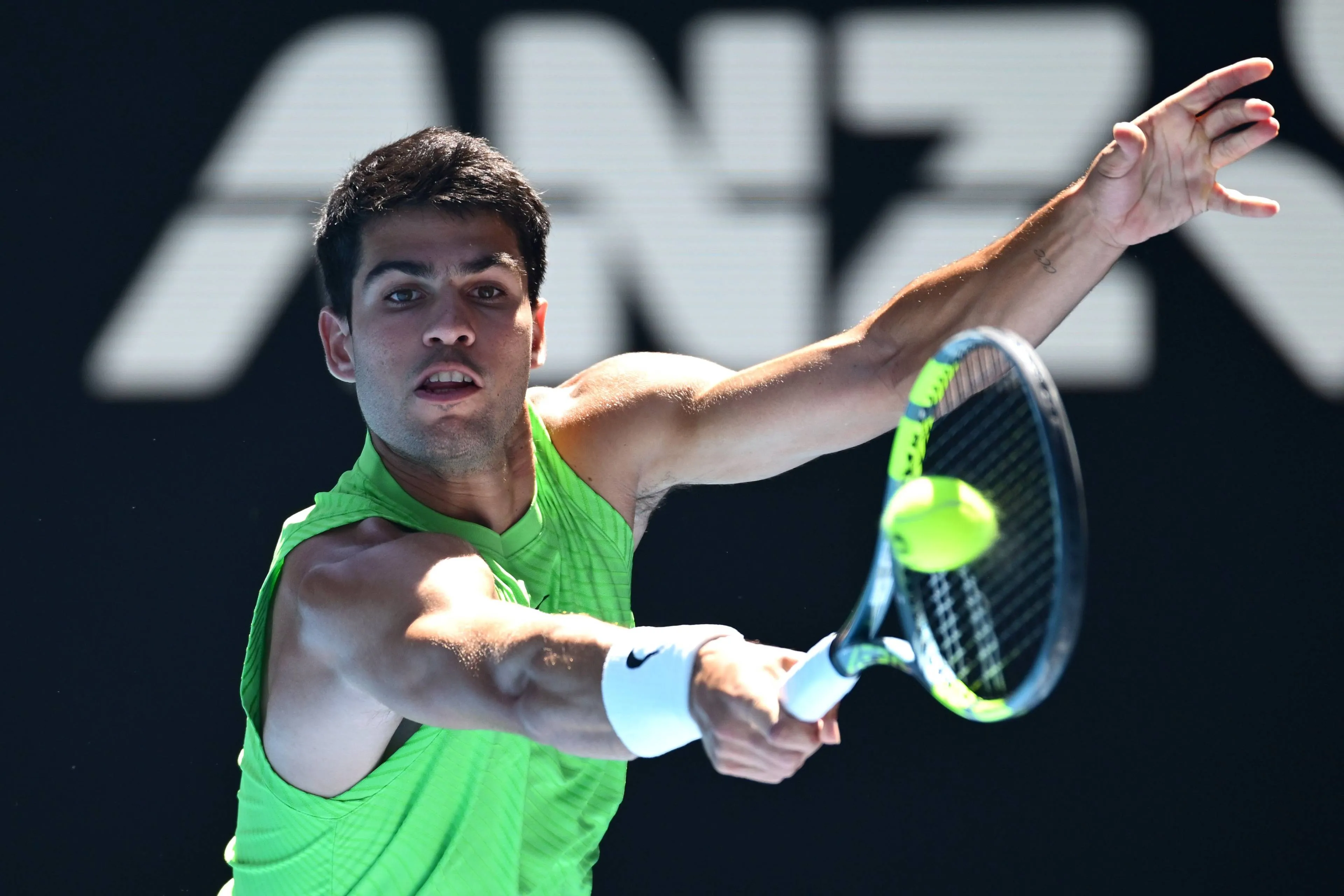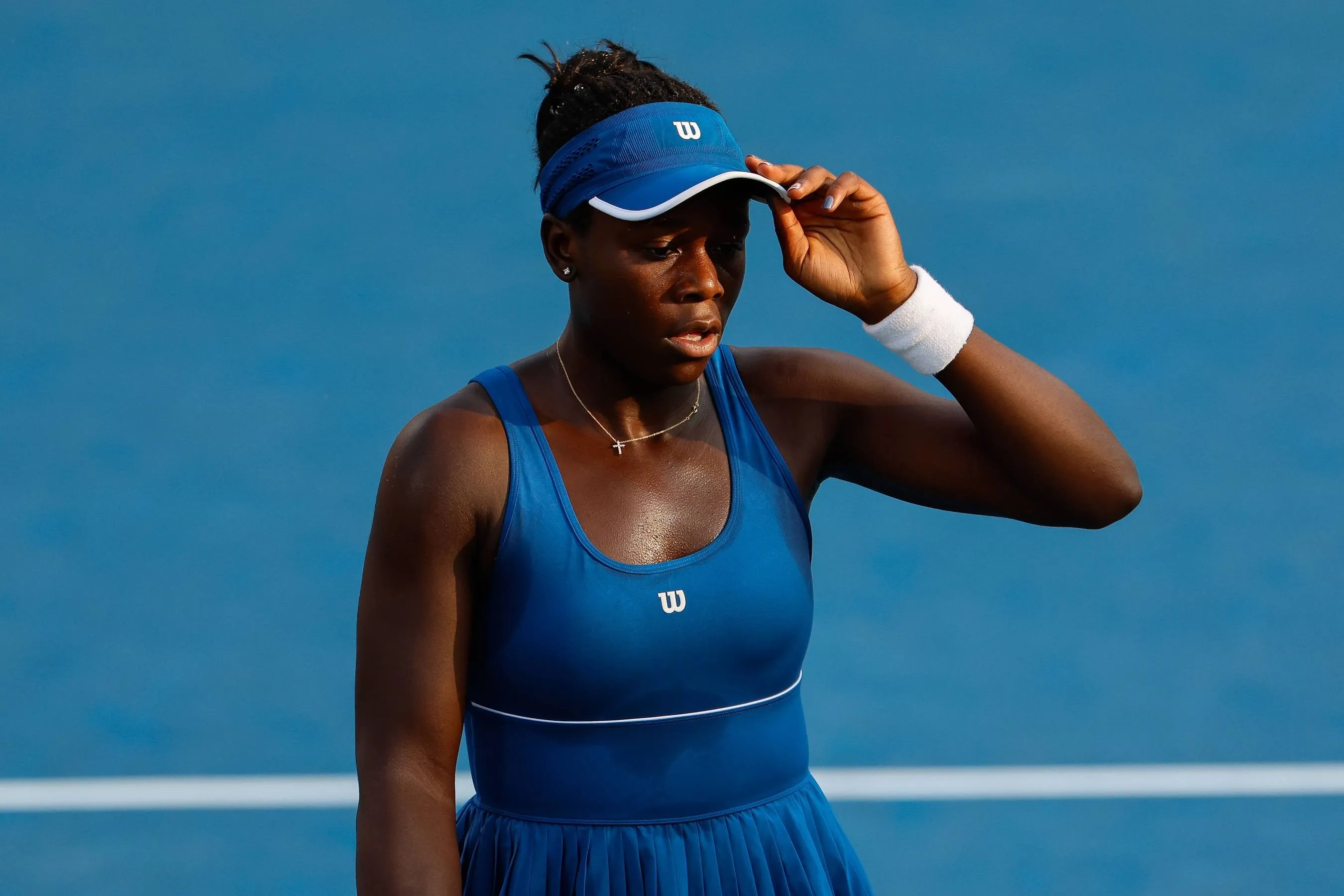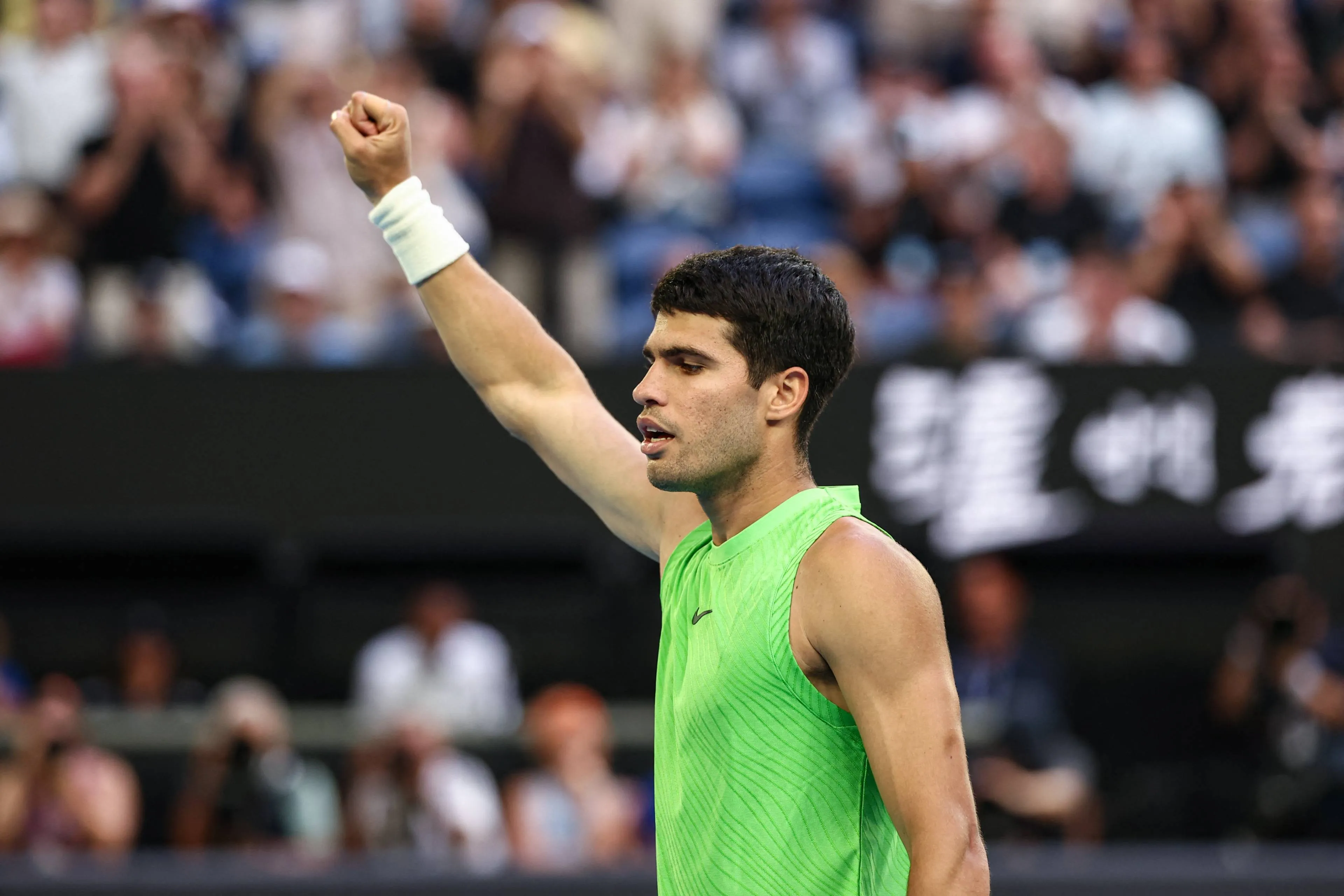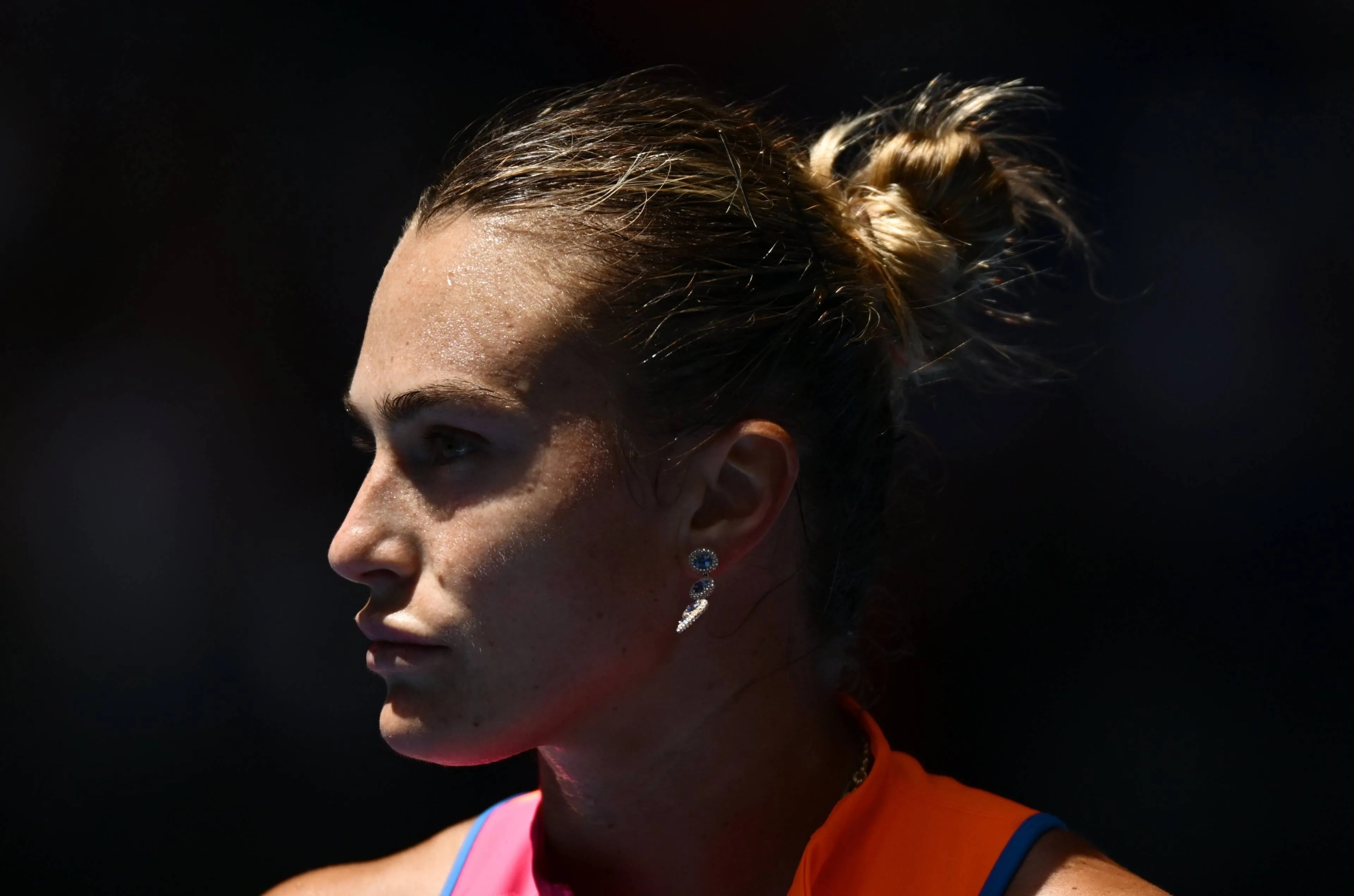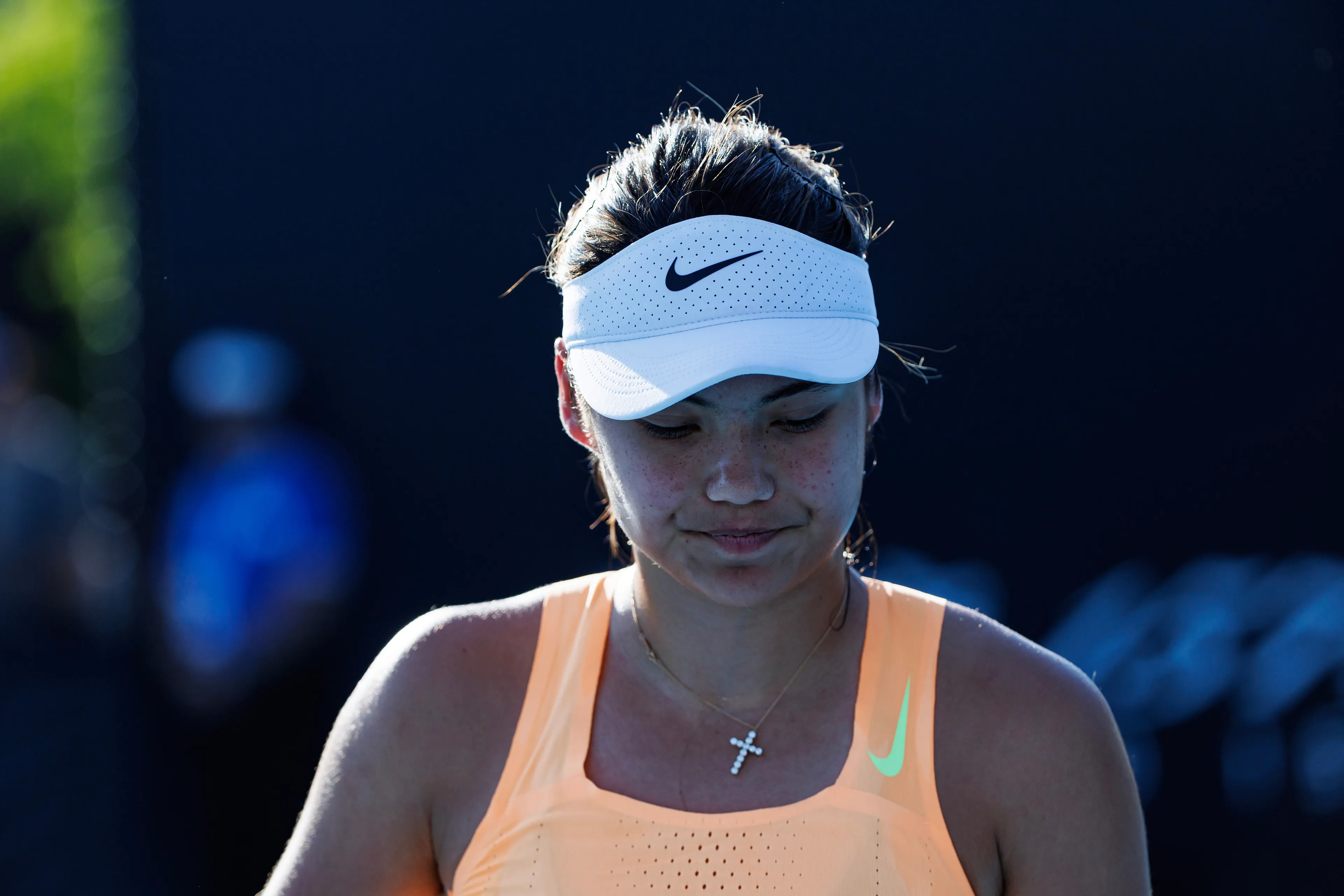'Impossible To Do That': Why Djokovic Doesn't Like Only 'Positive' Mindset Narrative
ATPMonday, 11 December 2023 at 17:22
Updated at Wednesday, 13 August 2025 at 12:35
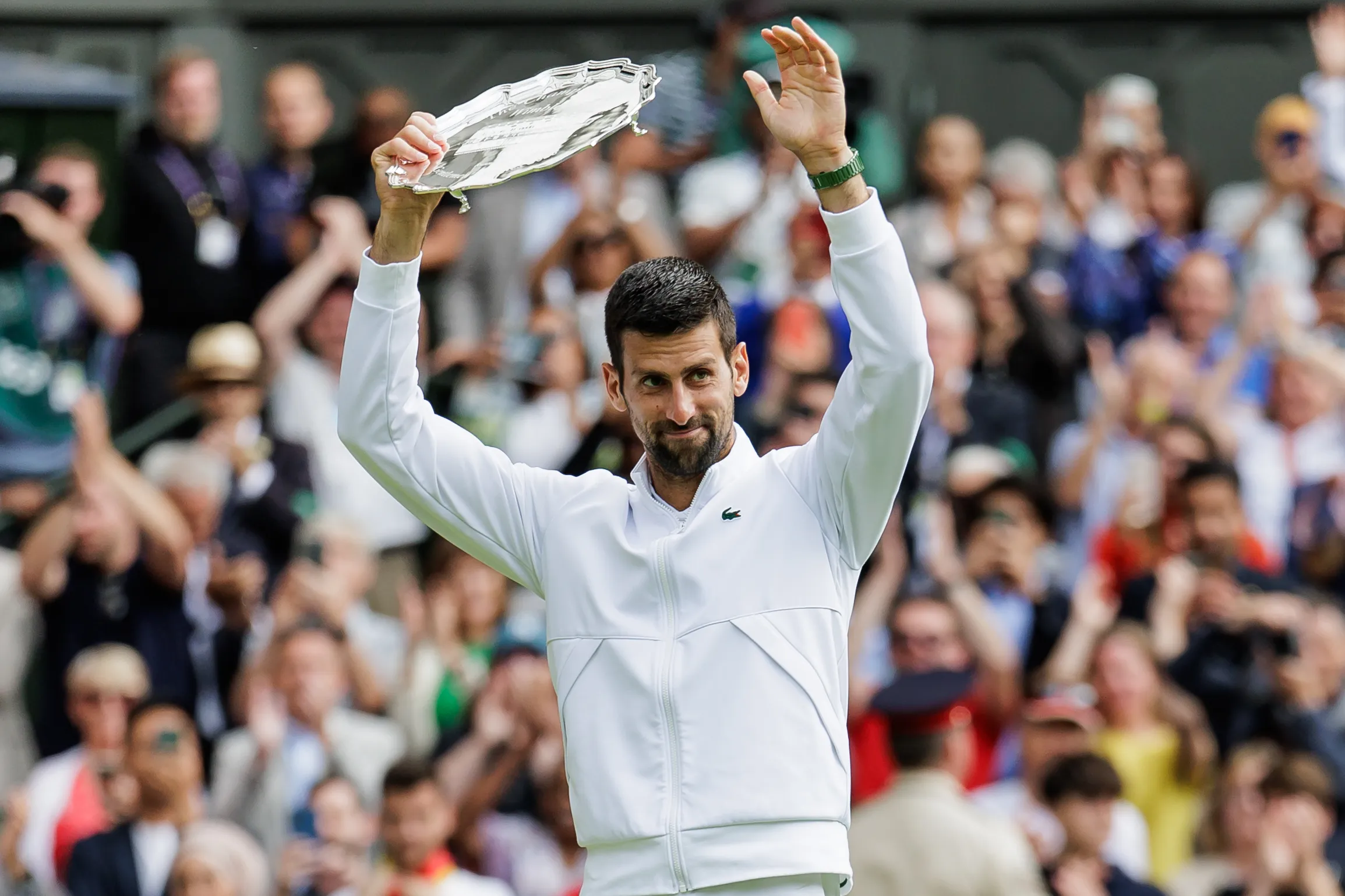
Novak Djokovic recently talked about various subjects related to his tennis career and revealed some secrets that have taken him to the mountain of omnipotence in tennis.
The 36-year-old Serbian is regarded as the indisputable GOAT of men's tennis, winning the most Slams of any man in singles and holding the World No. 1 ranking for over 400 weeks. Last season, Djokovic became the first man to win three of the four majors in the same season on four occasions.
But even the man sometimes considered a tennis immortal is prone to emotional outbursts on a tennis court. And like any other player, he has lost his fair share of matches throughout his career. But Djokovic shared his view on the difference between the great players and the not-so-great ones.
In a captivating interview on CBS News, Djokovic tells the interviewer, Jon Wertheim, that the difference between the elite players and the rest is mindset. Shaking off a defeat is relatively easy for the world's top players like Djokovic, who has won 98 career titles so far.
"Yeah, I mean, you know, you have your doubts and fears. I feel it every single match. I don't like this kind of a mindset that I see a lot in sports. Like, 'Just think positive thoughts. Be optimistic. There is no room for failure. There is no room for, you know, doubts,' and stuff like this. It's, it's impossible to do that."
Read also
Djokovic accepts that no player is immune to moments of self-doubt and fears, stating that it is part of human life. But he's got a recipe to avoid this or limit the recurrence in matches. He admits it is important to acknowledge doubt or fear and use whatever means necessary to expunge the emotions.
"You are a human being. The difference, I guess, between the guys who are able to be biggest champions, and the ones that are struggling to get to the highest level is the ability to not stay in those emotions for too long."
"So, for me, it's really relatively short. So as soon as I experience it, I acknowledge it. I maybe, you know, burst. I scream on the court, whatever happens. But then I'm able to bounce back and reset."
Read also
Loading
